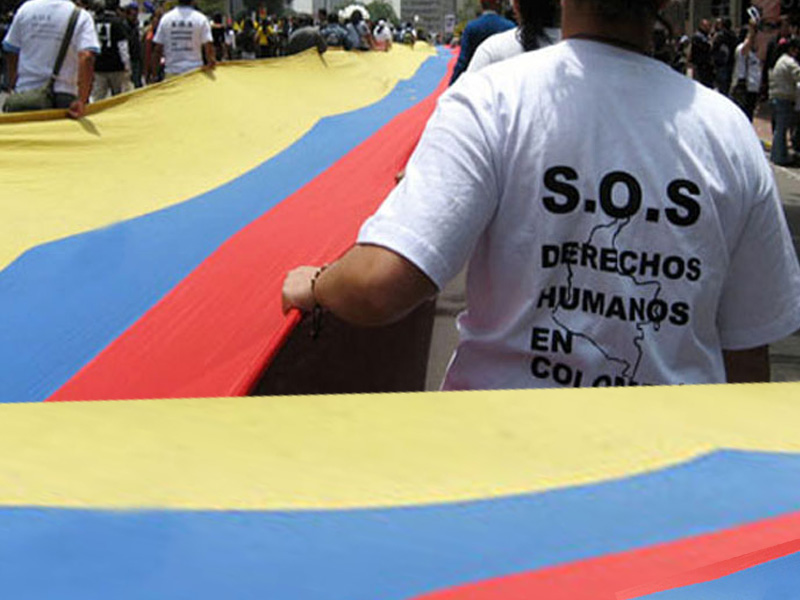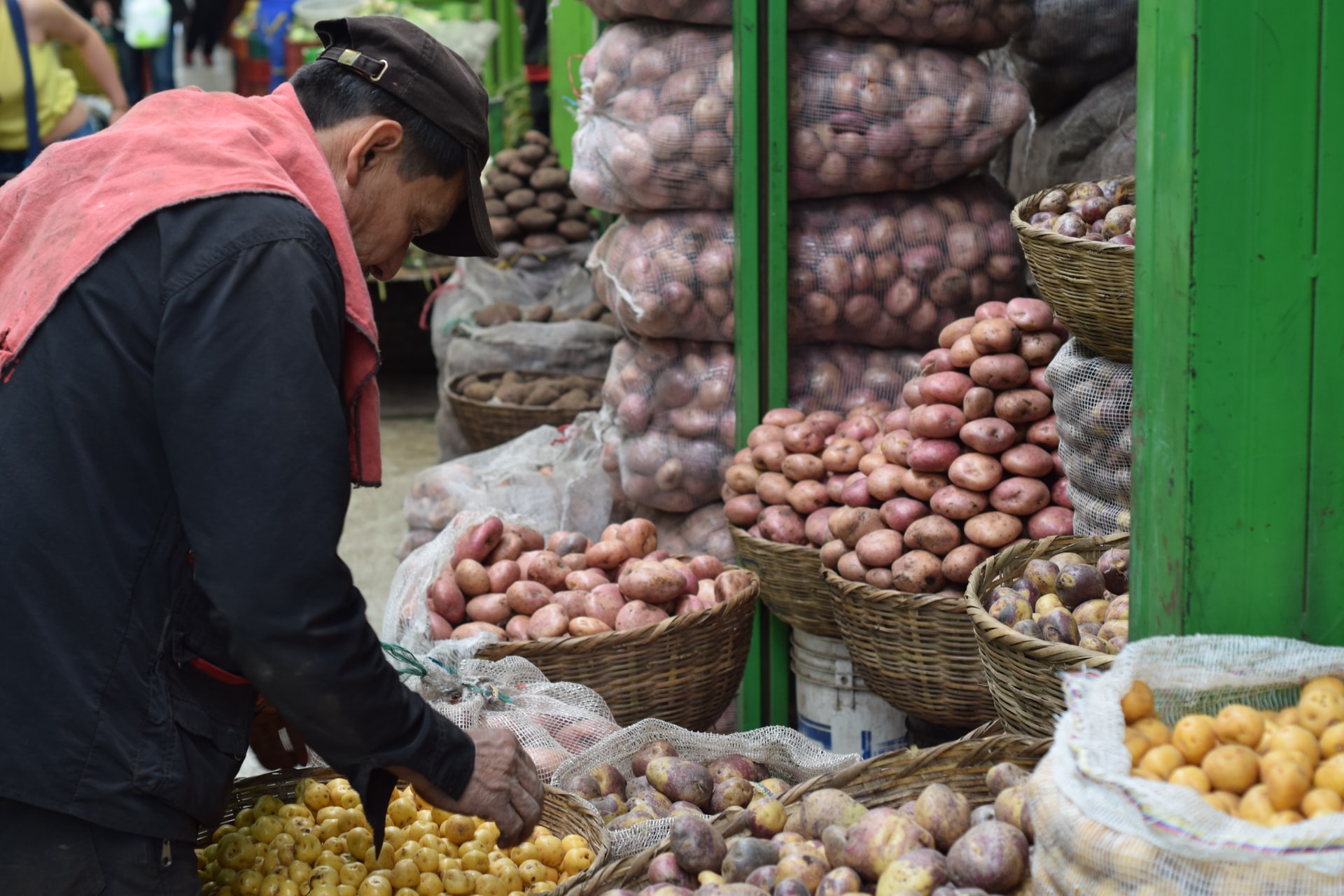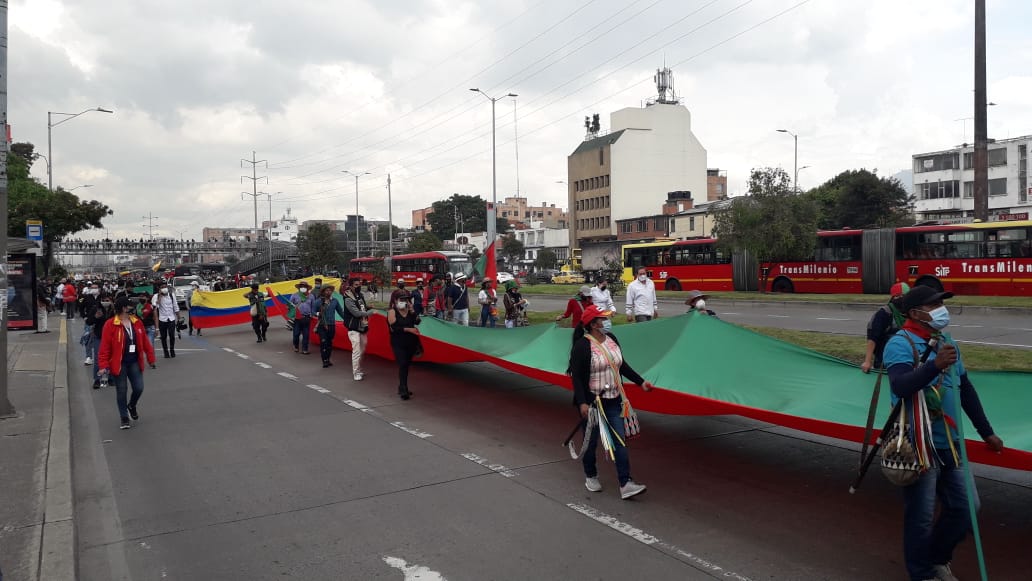
Photo: Indepaz
Murders of social activists, human rights defenders and demobilised FARC members are the ‘gravest threat’ to the peace process, according to a recent report.
443 social leaders and human rights defenders, along with demobilised FARC members, have been killed from the beginning of 2016 up until July 2018, according to a new report by INDEPAZ, Marcha Patriotica, Cumbre Agraria and the Heinrich Böll Foundation. And 123 have been killed since the start of this year – that’s one every 35 hours.
Cauca proved to be the most dangerous region for activists during the period, with 98 activists murdered in that region alone, followed by Antioquia (62) and the department of Nariño (44). The three most targeted categories of social leaders were activists for coca crop substitution, land rights activists and members of community action groups.
The Kroc Institute, one of the world’s leading centres for the study of conflict and peace, said that despite the 74 stipulations in the peace agreement regarding the protection of social leaders, killings of activists and former FARC members and their families have increased. The institute say that this represented “the gravest threat to the success of the peace process.”
Borja Paladini, director of the Kroc Institute in Colombia, said that it is essential to value and protect the work of social activists “Because they are the frontrunners of the legitimacy of the State in the territories and because their actions are a mechanism that will allow peace to make a transition from formal elements to real transformations.”
Related: Social activists under threat
Francisco Gutiérrez, an academic at the Institute of Political Studies and International Relations of the Universidad Nacional, believes that the state has failed in its obligation to see the peace process through by not guaranteeing the safety of the people who were and are still leading it.
He calls this situation effectively an “murder by invitation”. He explains, “it is unacceptable that a State […] could not stop the killing of leaders.” He continued, “The State creates a program of territorial transformation, but it does not provide security, and they leave leaders to get along however they are able.”
The spate of continuing violence prompted the Attorney General’s office to convene a meeting in Antioquia where President Iván Duque signed an 11-point pact guaranteeing the protection of social leaders and human rights defenders.
The first point of the ‘pacto por la vida’ is to initiate the design of a formal public policy that gives social leaders and activists a degree of legal protection, through measures such as giving legal institutions in the country more powers of prosecution when dealing with criminal organisations that often target activists.
The policy will implement systems for the early identification of at-risk activists and rapid protection mechanisms. It will also sanction those who are responsible for the murder of activists.
Following the signing of the pact, the House of Representatives held a debate concerning the protection of social leaders, which drew a crowd of over 2,000 people in Plaza Bolívar.
During the debate, Minister of the Interior Nancy Patricia Gutiérrez and the Minister of Defence Guillermo Botero both defended the measures that had been taken by the current government to protect activists and their families.
Gutiérrez stressed that the protection of social leaders is a priority of the new administration, and that plans are in place to strengthen and modernise the National Protection Unit, whilst Botero added that the functions of security forces to deal with criminal organisations would also be expanded.
However the new administration faced some criticism from frustrated representatives who believe that the current arrangements are insufficient. Ángela Robledo of the Alianza Verde said that there is currently no comprehensive protection plan in place and said that the killing of “almost 500 leaders” amounts to an extermination campaign.





